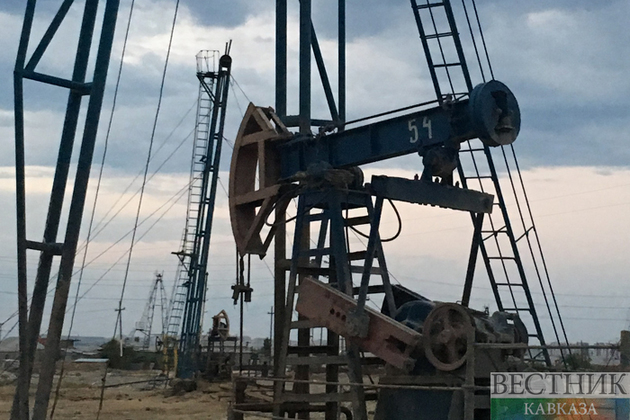Oil prices have given up in recent weeks all the gains they had made since the Russian special operation in Ukraine as market fears of recession intensified. There are signs of slowing economic growth, which could dent oil demand, the Oil Price writes.
But oil market participants and analysts are struggling to estimate how much demand could suffer in a recession that will be nothing like the 2008/2009 credit collapse and crisis. Bearish factors are dominating current market sentiment, but some analysts say that paper traders may have already priced in too much fear of recession.
At the same time, the U.S. labor market is outperforming expectations, defying other gloomy signals that America’s economy is slowing. Moreover, annual inflation in the U.S. in July eased from the previous month due to lower gasoline prices.
Still, bearish sentiment currently prevails on the oil market, as participants are paying more attention to recession fears, the steady Russian oil exports contrary to early expectations of massive losses in the region of 3 million bpd, and weaker Chinese factory activity and snap COVID-related lockdowns weighing on fuel demand. Imminent bullish signals include the hurricane season in the United States this month and next, where severe storms and hurricanes could force shut-ins at Gulf of Mexico production platforms or preemptive shut-ins at refineries along the Gulf Coast. Another bullish factor by the end of the year could emerge from the end of the U.S. SPR releases, currently expected to end in October. At the same time, U.S. oil producers are not boosting output too much—even at $100 oil—due to continued capital discipline, supply chain constraints, and cost inflation. The full effect of the EU ban on imports of Russian seaborne oil, expected to kick in at the end of the year, is also challenging to estimate, as is the impact of a possible price cap on Russian oil, which would allow insurance and other services for Russia’s crude if buyers commit to buy it at or below a certain price.
Recession fears
The oil market, however, is currently in the grip of concerns about a global recession and demand destruction. Recession fears in Europe have intensified amid the sky-rocketing energy prices and low supply of Russian pipeline gas which is forcing companies in some energy-intensive industries to curtail production. In the UK, the Bank of England warned last week that the country is expected to enter a recession from the fourth quarter of this year, which will last until the end of 2023.
The net long speculative positions—the difference between bullish and bearish bets—in Brent and WTI had dropped to a very low level as of early August due to fears of a recession and softening global economic growth, SEB bank said in a research note earlier this week.
The physical crude market is also losing steam due to fears of an economic slowdown or recessions, traders told Reuters this week. “The market is very bearish at this moment. No one is in a hurry to buy,” a trader based in Singapore told Reuters.
The near-term oil price movement will be led by the economic picture, inflation, and interest rate hikes, but some bullish factors could tip the sentiment back to rallying prices. These include very low global spare capacity, OPEC+’s inability to pump much more than it is producing now, and the wild card Russia and its standoff with the West. It will become clearer in the coming months how Russian supply to the markets could be affected and whether Mosow will simply stop selling oil to those countries who join a potential price cap on Russian oil. The proposed price cap includes allowing insurance and other services for Russia’s oil shipment, but Moscow has already said it would not export its oil if the price cap is set below its cost of production.
While some analysts say that oil is headed even lower with recessions looming, others say this recession could be different and not lead to an actual drop in oil demand year over year. Goldman Sachs, for example, revised down its Brent price forecast for this quarter to $110 a barrel, down from a previous projection of $140 per barrel, but it still believes the case for higher oil prices remains strong. “We believe that the case for higher oil prices remains strong, even assuming all these negative shocks play out, with the market remaining in a larger deficit than we expected in recent months,” Goldman Sachs’s strategists wrote in the note this week carried by Bloomberg.






